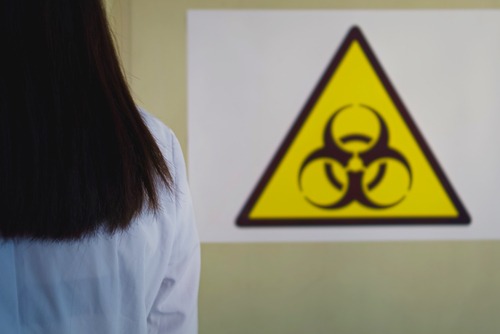
Nuclear Threat Initiative (NTI) and Munich Security Conference (MSC) personnel recently collaborated to convene 19 current and former global leaders and experts to address reducing high-consequence biological threats.
The endeavor was offered in conjunction with the MSC’s “Beyond Westlessness: The Road to Munich 2021” campaign, which officials indicated includes several virtual high-level events seeking to advance security policy dialogue on priorities for a new transatlantic agenda and groundwork for in-person debates in Munich later in the year.
The exercise was offered virtually amid the COVID-19 pandemic, which has brought to the forefront weaknesses in the international architecture as it relates to preventing, detecting, and responding to pandemic threats. Additionally, there is concern future pandemics could match or exceed COVID-19’s impact on lost lives and devastated economies.
The exercise scenario focused on a localized bioweapons attack with a genetically engineered monkeypox virus beginning in the fictional country of Brinia. Over 18 months, the scenario evolved into a globally catastrophic pandemic, leaving 40 percent of the world’s population infected and more than a quarter billion people dead.
Scenario takeaways included examining the need to strengthen international pandemic risk assessment and early warning systems; establishing clear triggers for national-level anticipatory response and aggressive early action to slow disease transmission and save lives; reducing biotechnology risks and enhance oversight of life sciences research; and promoting new and stronger international health security preparedness financing mechanisms.




